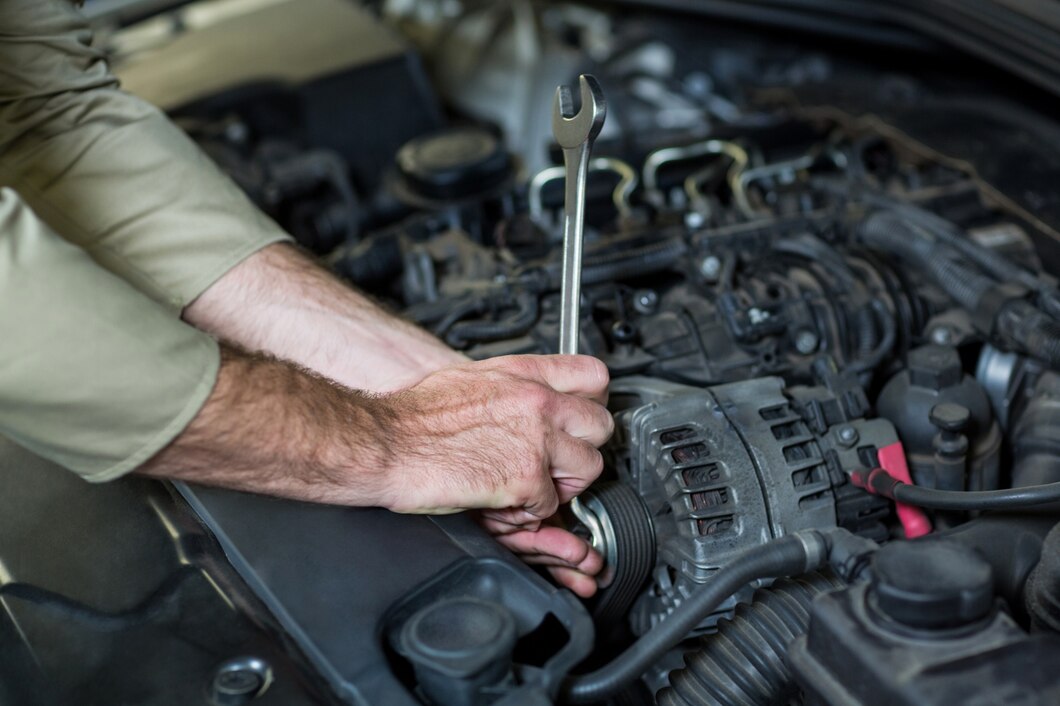The alternator is an essential component of your vehicle’s electrical system, responsible for generating electricity to power the various electrical systems and accessories while the engine is running. While all alternators perform the same basic function, there are different types available, each with its own unique features and applications. Let’s explore the various types of car alternators you should know about:
1. Conventional Alternators:
Conventional alternators are the most common type found in modern vehicles. They consist of a rotor and a stator, with the rotor spinning inside the stator to generate electrical current. Conventional alternators typically use brushes and a commutator to transfer electrical power from the rotor to the vehicle’s electrical system.
2. Brushless Alternators:
Brushless alternators, as the name suggests, eliminate the need for brushes and a commutator by using solid-state electronics to control the flow of electricity. Instead of brushes, brushless alternators use a system of diodes to rectify the alternating current (AC) produced by the rotor into direct current (DC) for use by the vehicle’s electrical system. Brushless alternators are known for their durability and reliability.
3. High-Output Alternators:
High-output alternators are designed to produce more electrical power than conventional alternators, making them ideal for vehicles with high electrical demands, such as those equipped with aftermarket audio systems, lighting upgrades, or other accessories. High-output alternators feature larger windings and more robust components to handle increased electrical loads without overheating or failing.
4. Dual Alternators:
Some vehicles, particularly large trucks and commercial vehicles, may be equipped with dual alternators to provide redundant electrical power and increased reliability. Dual alternator systems consist of two separate alternators that work in parallel to provide electrical power to the vehicle’s electrical system. This redundancy ensures that even if one alternator fails, the vehicle can still operate without interruption.
5. Smart Alternators:
Smart alternators, also known as variable-output alternators, use advanced electronics to regulate the output voltage based on the vehicle’s electrical demands. By adjusting the output voltage as needed, smart alternators can improve fuel efficiency and reduce the load on the engine, especially during periods of low electrical demand. This technology helps optimize energy usage and prolong battery life.
6. Heavy-Duty Alternators:
Heavy-duty alternators are designed for use in commercial vehicles, off-road vehicles, and other applications that require robust electrical power generation capabilities. These alternators feature larger components, higher output ratings, and enhanced cooling systems to withstand the rigors of heavy-duty use in demanding environments.
7. Eco-Friendly Alternators:
With a growing emphasis on environmental sustainability, eco-friendly alternators are becoming increasingly popular. These alternators are designed to minimize energy consumption and reduce emissions by incorporating features such as regenerative braking, which converts kinetic energy into electrical energy during deceleration, and idle-stop technology, which automatically shuts off the engine when the vehicle is stationary to conserve fuel.
Understanding the different types of car alternators can help you make informed decisions when it comes to maintaining, upgrading, or replacing the alternator in your vehicle. Whether you’re looking for increased performance, improved efficiency, or enhanced reliability, there’s a type of alternator available to meet your specific needs. Consult with a qualified automotive technician or parts specialist to determine the best alternator for your vehicle and driving requirements.











